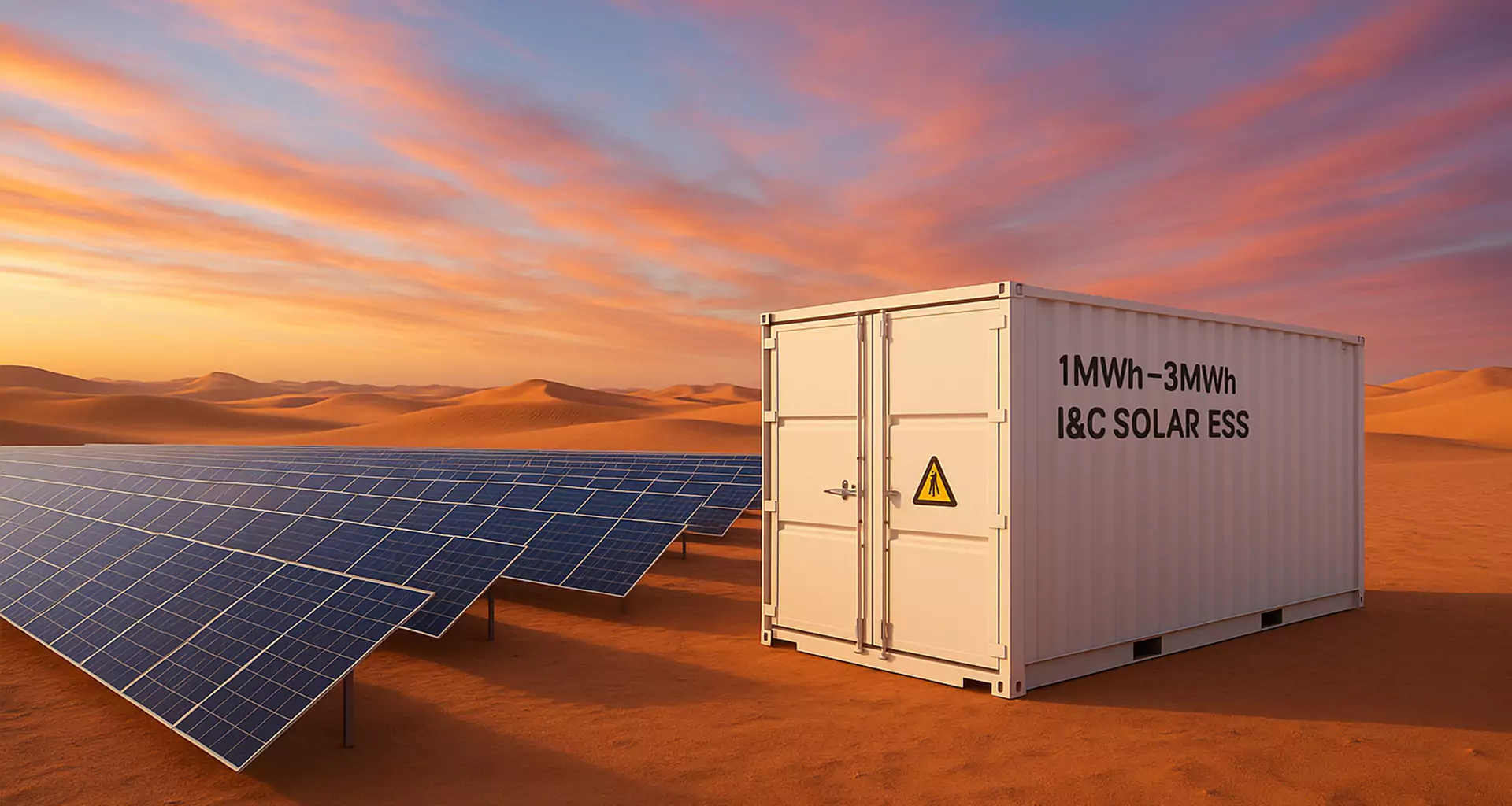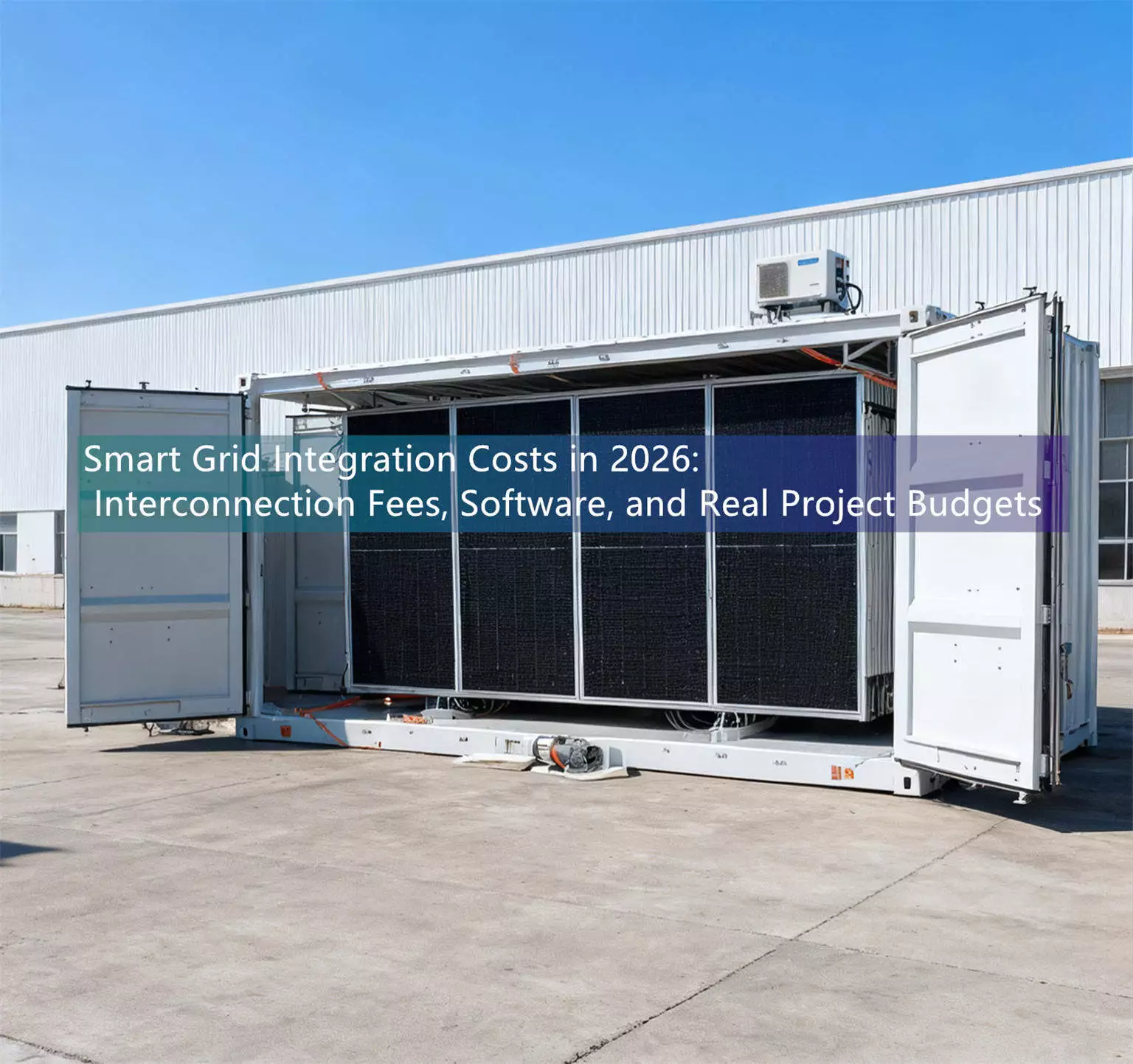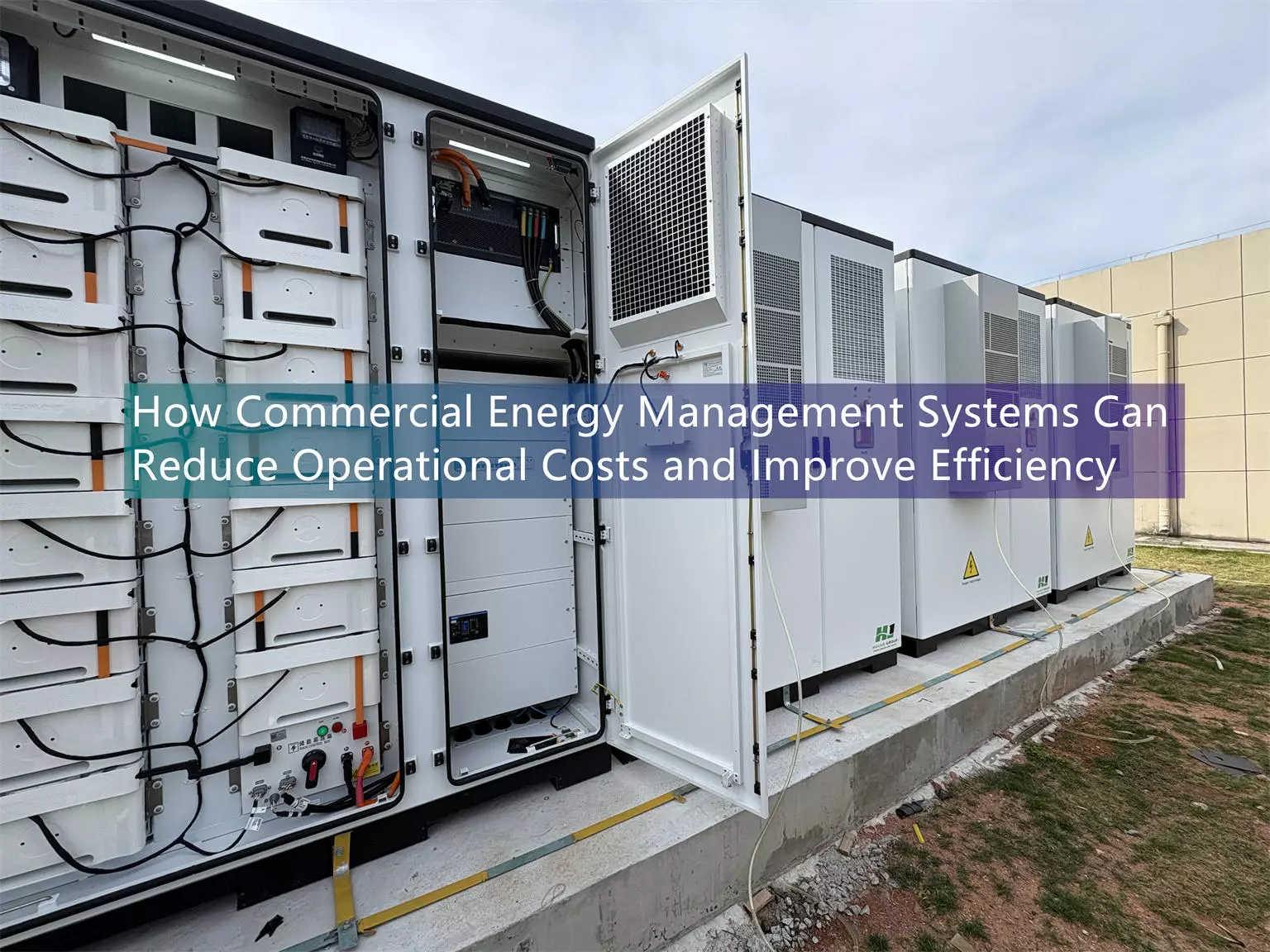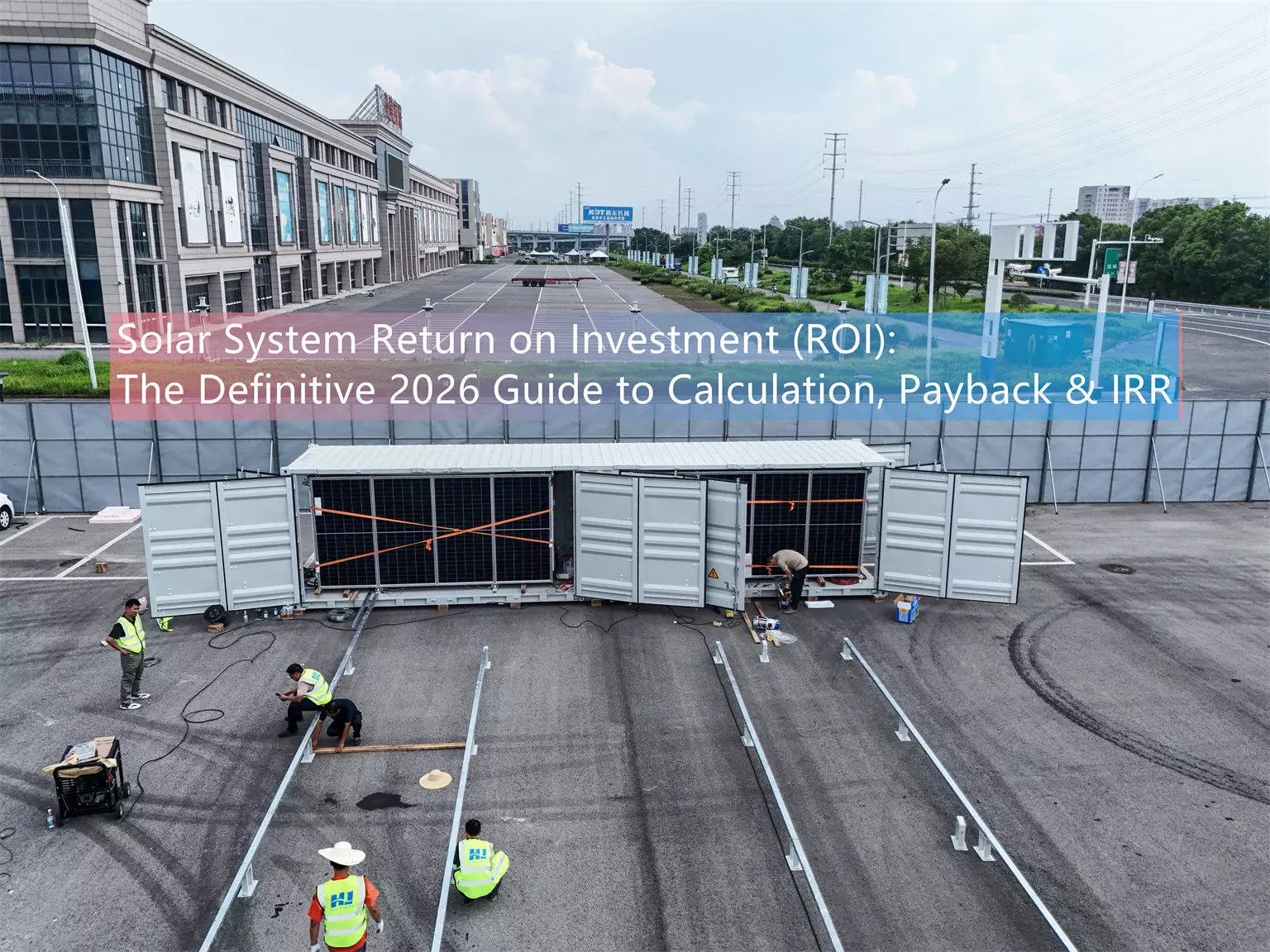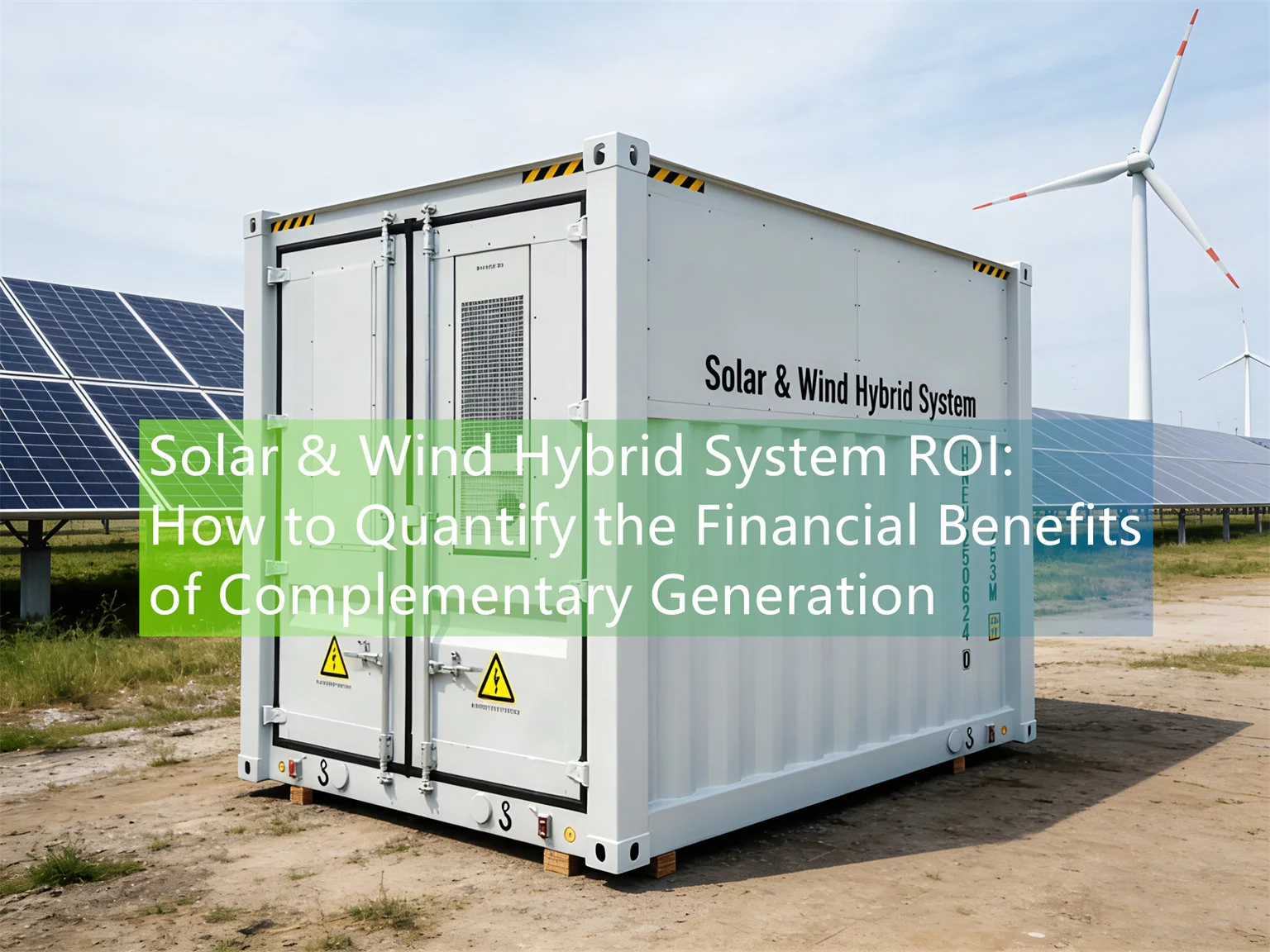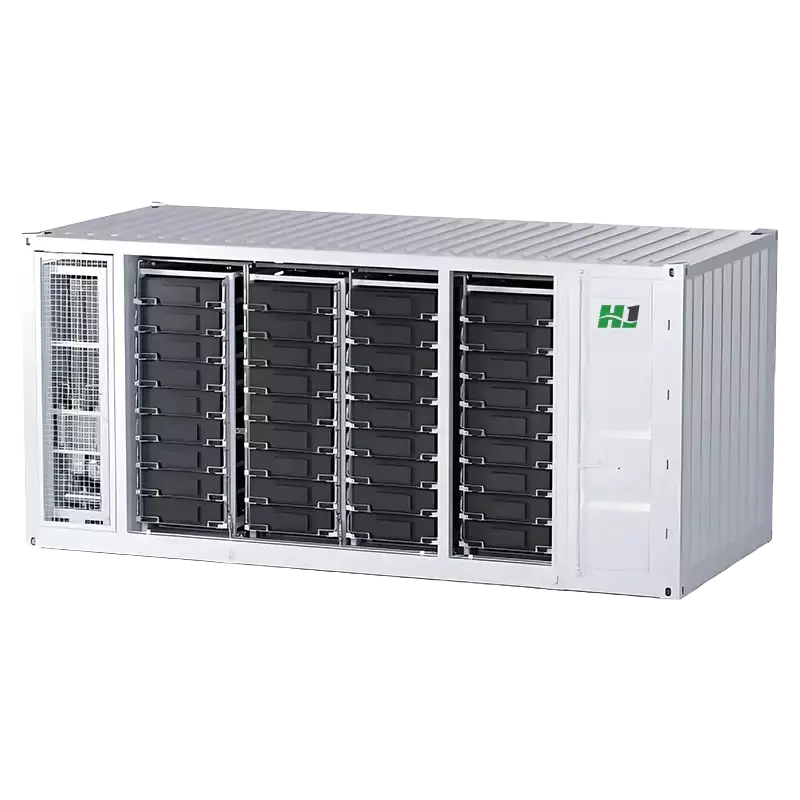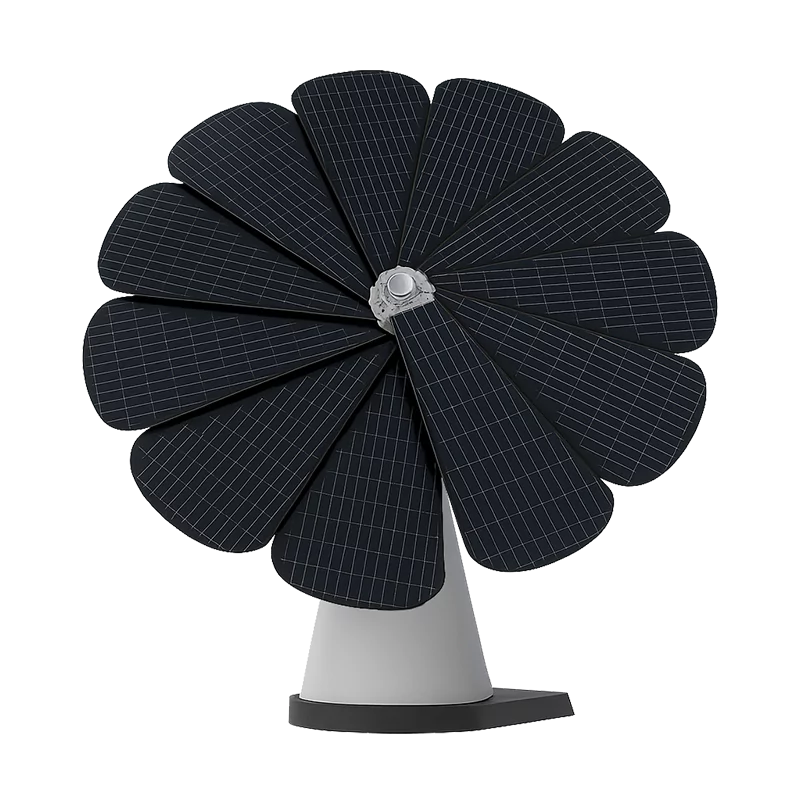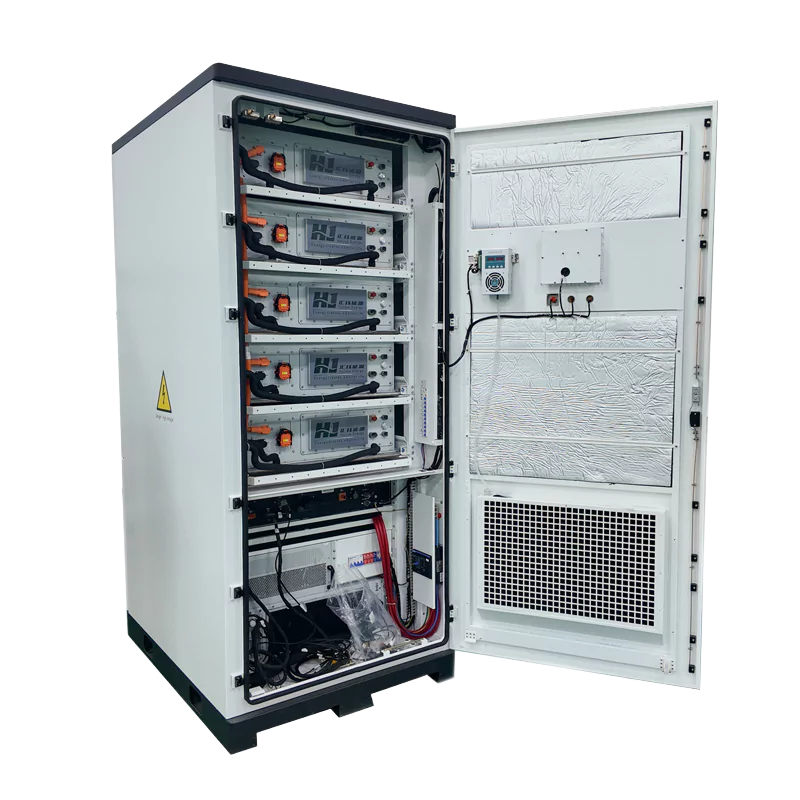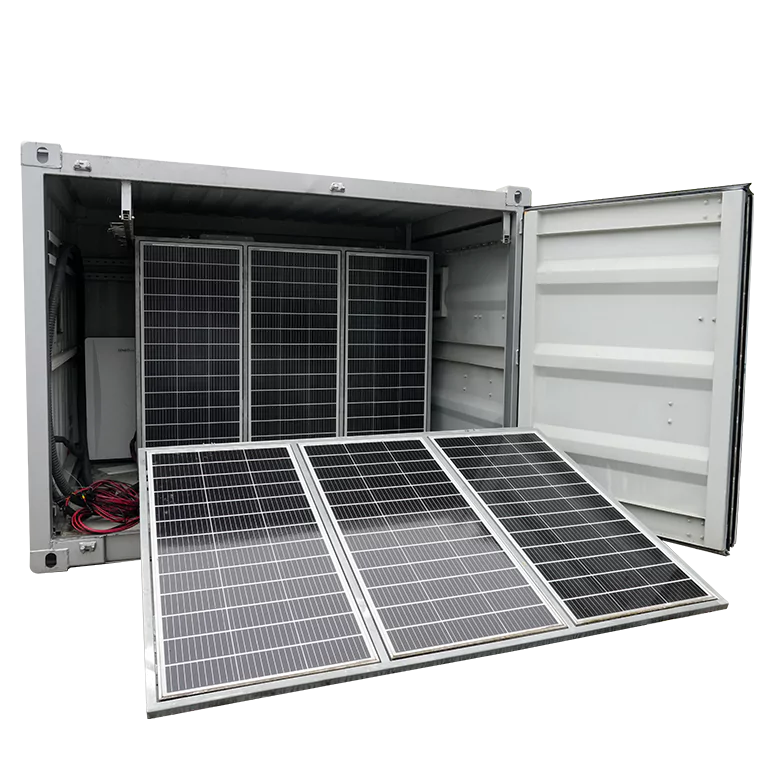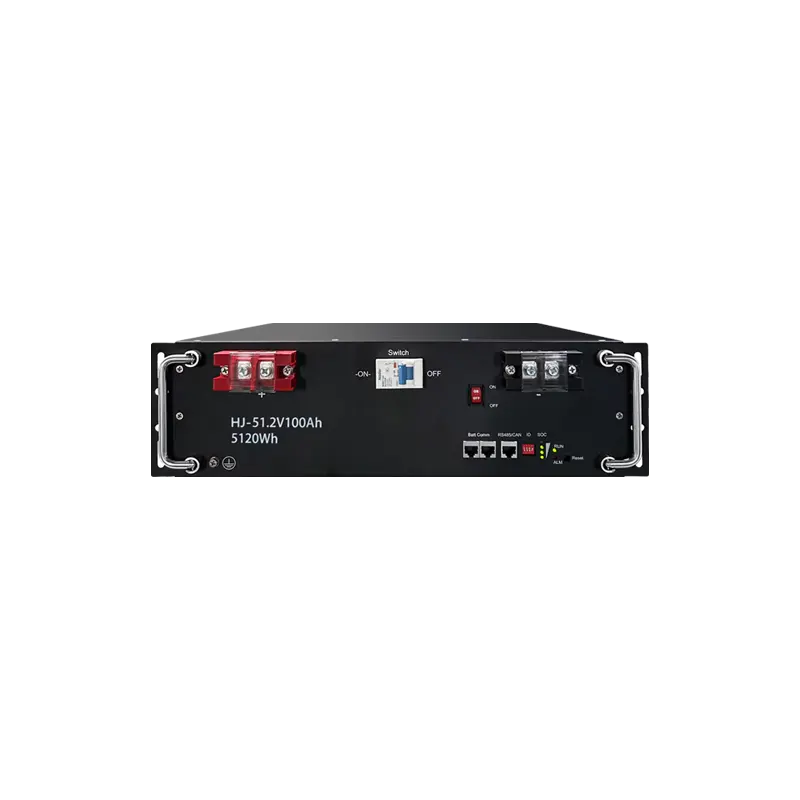Clean Energy for Military Field Operations: Powering the Future of Defense
Military operations have always reliy on energy. From fueling vehicles to powering bases and running critical communication systems, energy is the backbone of every mission. Traditionally, diesel generators and long fuel convoys have been the norm. But today, as conflicts grow more complex and climate challenges intensify, clean energy solutions for military field operations are emerging as both a necessity and a tactical advantage.
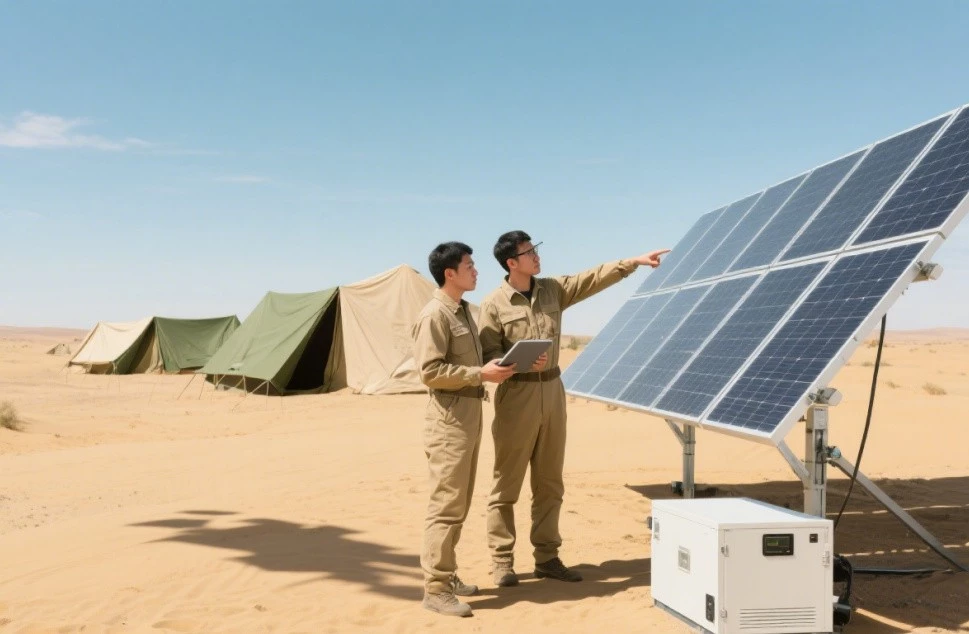
Why Clean Energy Matters in the Battlefield
Reducing Risk in Fuel Logistic
Fuel convoy are often called the military’s “soft underbelly.” In many conflicts, supply lines are prime targets. By adopting solar, wind, hydrogen, and advanced energy storage, armies can reduce reliance on vulnerable resupply missions.
Improving Stealth and Survivability
Traditional diesel generators are noisy and produce a strong heat signature, making camps more detectable. Clean energy systems like solar panels or hydrogen fuel cells operate quietly, lowering acoustic and thermal visibility.
Aligning with National Climate Goals
Defense departments worldwide are under increasing pressure to cut emissions. Clean energy adoption not only helps militaries meet national sustainability targets but also strengthens their global reputation.
Cutting Operational Costs
Once deployed, renewable systems reduce long-term energy expenses compared to constant fuel use. For example, a hybrid solar-plus-battery microgrid can save millions in fuel costs over the lifetime of a deployment.
Clean Energy Solutions for Military Field Operations
1. Portable Solar Power
Lightweight, foldable solar panels are now standard in many tactical kits. They can charge radios, GPS units, medical devices, and even drones. Larger deployable solar arrays can provide sustainable energy for forward operating bases.
2. Hybrid Microgrids
Microgrids combine renewable sources with battery storage and backup generators. Smart energy management systems ensure uninterrupted power, even in remote battlefields. For example, the U.S. Army is investing heavily in Tactical Energy Microgrids to reduce generator reliance.
3. Energy Storage Systems
Lithium-ion and emerging solid-state batteries are critical for storing renewable energy. Containerized battery storage units can power entire camps, while compact soldier-worn batteries reduce the burden of carrying spare fuel or heavy battery packs.
4. Hydrogen and Fuel Cells
Hydrogen fuel cells deliver silent, emission-free power for surveillance, communication, and mobility. Militaries are exploring fuel cell applications for drones, unmanned vehicles, and even base power.
5. Renewable Fuels
Biofuels and synthetic fuels are being tested to power aircraft, armored vehicles, and naval fleets. They provide a bridge solution while electrification and hydrogen systems mature.
Real-World Adoption
United States: The Department of Defense is the world’s largest energy consumer. It is deploying hybrid generators, solar systems, and advanced batteries to cut fuel convoys in combat zones.
NATO: Several member states are testing solar-plus-storage microgrids to support Arctic and desert missions.
India: The Indian Army operates solar-powered camps at high-altitude border posts to reduce reliance on risky fuel deliveries.
Australia: Defense forces are experimenting with hydrogen fuel cells for silent power in remote outposts.
The Road Ahead: Future of Military Clean Energy
Looking forward, clean energy will play a central role in modern warfare and defense strategy. Key trends include:
- Electrification of Military Vehicles: Hybrid and electric tanks, trucks, and tactical vehicles for stealth operations.
- Drone Charging with Renewable Systems: Solar-powered drone hubs for extended surveillance.
- AI-Powered Energy Management: Smart software that balances renewable generation, battery storage, and demand in real-time.
- Advanced Thermal Management: New cooling systems to keep batteries and power units efficient in extreme climates.
Final Thoughts
Clean energy is no longer just a civilian concern — it is reshaping the defense sector. By integrating renewables, storage, and hybrid microgrids, militaries can gain greater independence from fuel logistics, improve resilience in hostile environments, and contribute to a lower-carbon future.
In short, clean energy in military field operations is about more than sustainability — it’s about security, survival, and strategic advantage.
Find Your Solar + Battery Storage Specialist Now!
* Fill out this form and our experts will help you find the perfect solar storage solution for your home or business.


